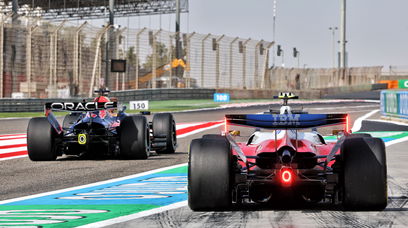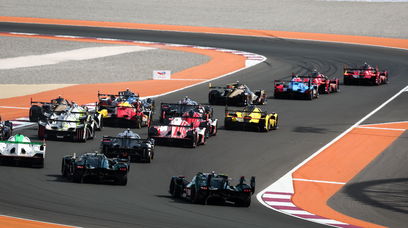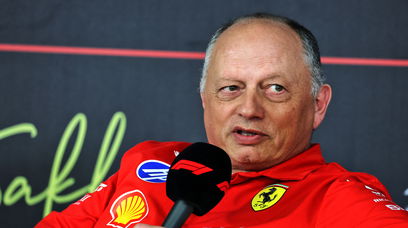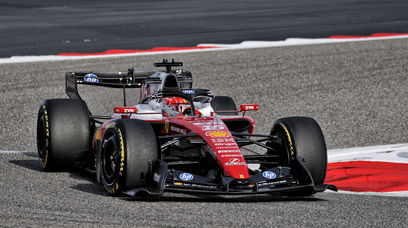Red Bull's junior programme has provided a number of drivers the opportunity to succeed in F1 and beyond. But the decision to hire 28-year-old Nyck de Vries for AlphaTauri from Mercedes and then replace the Dutchman with 34-year-old Daniel Ricciardo has prompted questions over whether the 'academy' is fulfilling its purpose. So has the programme failed?
The idea of the junior programme is to nurture talent through the various formulae on the ladder towards F1, with the eventual goal of finding success with Red Bull's F1 team. The latest to have been promoted from the junior categories into F1 was Yuki Tsunoda, who is now in his third season on the grid. There has been no sign of a move-up for Liam Lawson - who continues to impress in the Japanese Super Formula series - whilst Ayumu Iwasa, Enzo Fittipaldi and Dennis Hauger are leading the army of drivers in F2 and F3 hoping to stake their own claims for a promotion. Any chance for those seems unlikely given the move for Ricciardo, who will almost certainly remain with AlphaTauri next season as he aims to reach the Red Bull operation proper for 2025. So with four years at least between a Red Bull junior promotion, the calls of 'failure' begin to emerge. Though such calls are amiss.
Reckless to assume failure
It would be reckless to assume the programme has failed when you look at the talent produced. Sebastian Vettel was the first starlet to make the step up, eventually securing four Drivers' titles during a dominant spell with the team. He has been followed by Max Verstappen who has already laid claim to being one of the F1 greats given the records that have been broken so far in the past one and a half seasons. The Dutchman is well on his way to a third consecutive title, with any hope of stopping him before 2026 highly unlikely. These two drivers alone have done more than enough to highlight the brilliance of the programme, backed up nicely by the performances of Riccardo to pick up eight race victories. Daniil Kvyat showed plenty of promise during his time in F1, whilst Pierre Gasly and Alex Albon have established themselves as highly-valued drivers. Carlos Sainz has found a home at Ferrari having made his breakthrough with Red Bull and has added his name to the Grand Prix winners' list, proving remaining with Red Bull is not the sole marker of success. Jean Eric-Vergne became Formula E champion after leaving F1, whilst Sebastian Buemi and Neel Jani found plenty of success in endurance racing as well. There is another way of looking at the non-promotion of junior talent to AlphaTauri. Maybe Red Bull has learned not to rush drivers into F1 undercooked. If a junior driver joined AlphaTauri every year, it would mean that at least one of the four Red Bull-affiliated seats in F1 would have been dropped each term - effectively suggesting that they had failed themselves. The Red Bull junior programme is arguably as strong as ever, with Iwasa, Hauger and Fittipaldi joined by Jak Crawford, Isack Hadjar and Zane Maloney in F2, whilst Sebastian Montoya flies the flag in F3. There will be plenty of opportunities for these drivers in the future - whether in F1 or further afield. The junior programme is certainly no failure.
Most read







